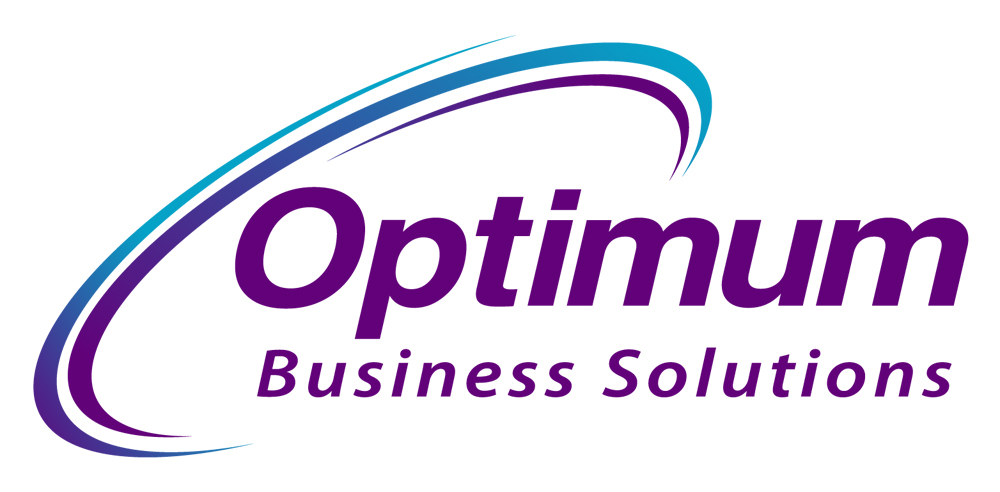How Has Mental Health Affected Employee Retention?
Before the pandemic, only 19 percent of adults in 2017 experienced mental health illnesses. According to Mental Health America, this increased to more than 1.5 million people in 2019. The pandemic has raised only these issues; four out of ten people have reported anxiety or depression. In 2019, one out of ten people experienced these mental illnesses. (Source: Marsh McLennan – Workers’ Compensation Market: What to Expect
in 2022 -Workers’ Compensation Center of Excellence – Jan 13, 2022)
As a result, employees with depression are two times more likely to be absent from work and five times more likely to have a productive loss of time. Also, according to McKinsey, employees with mental illnesses can push 60% of workers’ compensation spending and are two to six times more likely to suffer frequent physical conditions. (Source: Marsh McLennan – Workers’ Compensation Market: What to Expect
in 2022 -Workers’ Compensation Center of Excellence – Jan 13, 2022)
The pandemic has also changed the workforce as a whole, and HR is still searching for ways to attract and retain suitable candidates. HR leaders have found from research that employees are willing to stay or leave based on the mental health benefits provided by a company. According to a report, 73 percent of employees and 85 percent of managers are more likely to stay if offered high-quality mental health benefits, and 76 percent of managers prefer mental health benefits over other employee-offered benefits.
How Can Employers Offset Employee Retention Loss?
- Flexibility within the workplace
One way is to offer employees work schedule flexibility and encourage employees to take time off with their Paid Time Off Benefits when needed. Even establishing remote work boundaries can assist employees in separating their work life from their personal life. Work/Life balance is crucial since 44 percent of people have not taken a vacation since working from home, even though it is known and necessary to take time off to recharge.
- Mental Health Wellness Company Culture
A significant contributing factor to employees is the work culture of a company. A supportive company will improve morale, engagement and retention among the employees. According to a mental health work report, employees are 45 percent less likely to experience mental health issues when they feel supported by their company.
As a result, employees are more likely to trust their company, share that their leaders are supporters of mental health and be proud to be part of a company that truly supports them.
- Mental Health Benefits and Telemedicine
Another way is to offer mental health-specific benefits. For example, a survey done by HR leaders across the U.S has noticed that the most prominent factor for the “Great Resignation” is mental illness and burnout. An estimated 40 percent of employees quit their jobs in 2021 because of burnout, and 16 percent left their jobs because they didn’t receive the support they needed from their company.
One specific mental health benefit to add is telemedicine. What benefits are gained from adding telemedicine to your health benefits option?
- Gain access to immediate care, especially in the time of the pandemic
- Availability of medical professionals employees trust
- Tele-rehab – ability to do therapy from home
- Gain quicker inquiry from home
Also, telemedicine visits began to increase significantly in April 2020. 2,094 telemedicine claims in 2019 and 50,774 telemedicine claims in 2020. 8% of claims for a doctor visit had a telemedicine appointment. (Source: Marsh McLennan – Workers’ Compensation Market: What to Expect
in 2022 -Workers’ Compensation Center of Excellence – Jan 13, 2022)
In closing, a company that supports employees with their mental health and offers health benefits will receive improved retention, loyalty and engagement in return.
To learn more ways to improve employee retention by inquiring about company-level healthcare benefit plans that can be provided at a fraction of the cost at the marketplace.
For more information on offering the right health benefits, call 219.281.2459.








